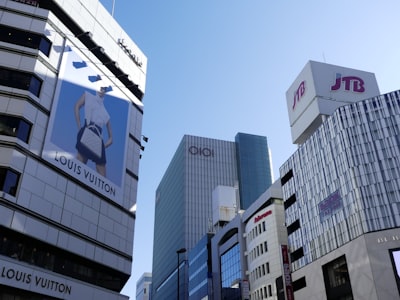Summary
Oasis Management, a Hong Kong-based activist investor, has acquired over 5% of Casio Electronics, a leading Japanese electronics manufacturer. The investment, confirmed by filings to Japanese financial authorities, amounts to 12.33 million shares purchased at an approximate value of $100 million. The news triggered a 10% surge in Casio's share price, signaling significant market interest and expectations of possible change.
Analysis
The purchase by Oasis underscores a growing trend: activist investors are seeking stronger influence in Japanese corporations traditionally known for insular governance practices. Japan's stock market reforms, such as the push for improved corporate governance and shareholder returns, have slowly opened the door for outside stakeholders to play a larger role.
Oasis' 5% stake is sufficiently large to demand attention from Casio's management. This might prompt the company to accelerate reforms, potentially regarding operational efficiency, capital allocation, or executive accountability. However, the article lacks detail about Oasis' specific agenda: is the aim to push for board seats, repurchase shares, divest assets, or shift business strategy? The absence of such context leaves open questions about the depth and style of the intended activism.
Furthermore, the framing emphasizes the reaction of Japanese institutional investors, hinting at their cautious optimism—or perhaps anxiety—about Casio’s potential transformation under external pressures. While Oasis presents this as an opportunity for positive reform, there is little discussion of the risks or downsides, such as cultural clashes, possible short-termism, or resistance from entrenched management.
Discussion
The importance of this move goes beyond Casio itself. It raises fundamental questions about the direction of Japanese corporate culture and capital markets. As in the cases of Elliott Management in Toshiba or ValueAct in Olympus, activist campaigns can catalyze substantial governance reforms, but sometimes at the price of market volatility or internal discord.
This situation invites a broader debate: Should Japanese companies embrace activist investors and their calls for reform, or resist what some see as external meddling? The global context matters, too—Japan is trying to attract more foreign capital by improving shareholder rights. If investors like Oasis demonstrate tangible improvements in legacy giants like Casio, it could hasten an era of wider accountability and innovation across Japan Inc.
At the same time, not all activism guarantees improved outcomes. Some campaigns may focus on quick financial returns rather than lasting corporate health. The challenge, then, is finding a balance: harnessing outside perspectives for renewal without undermining long-term vision or stakeholder trust.

Comments
No comments yet. Be the first to comment!